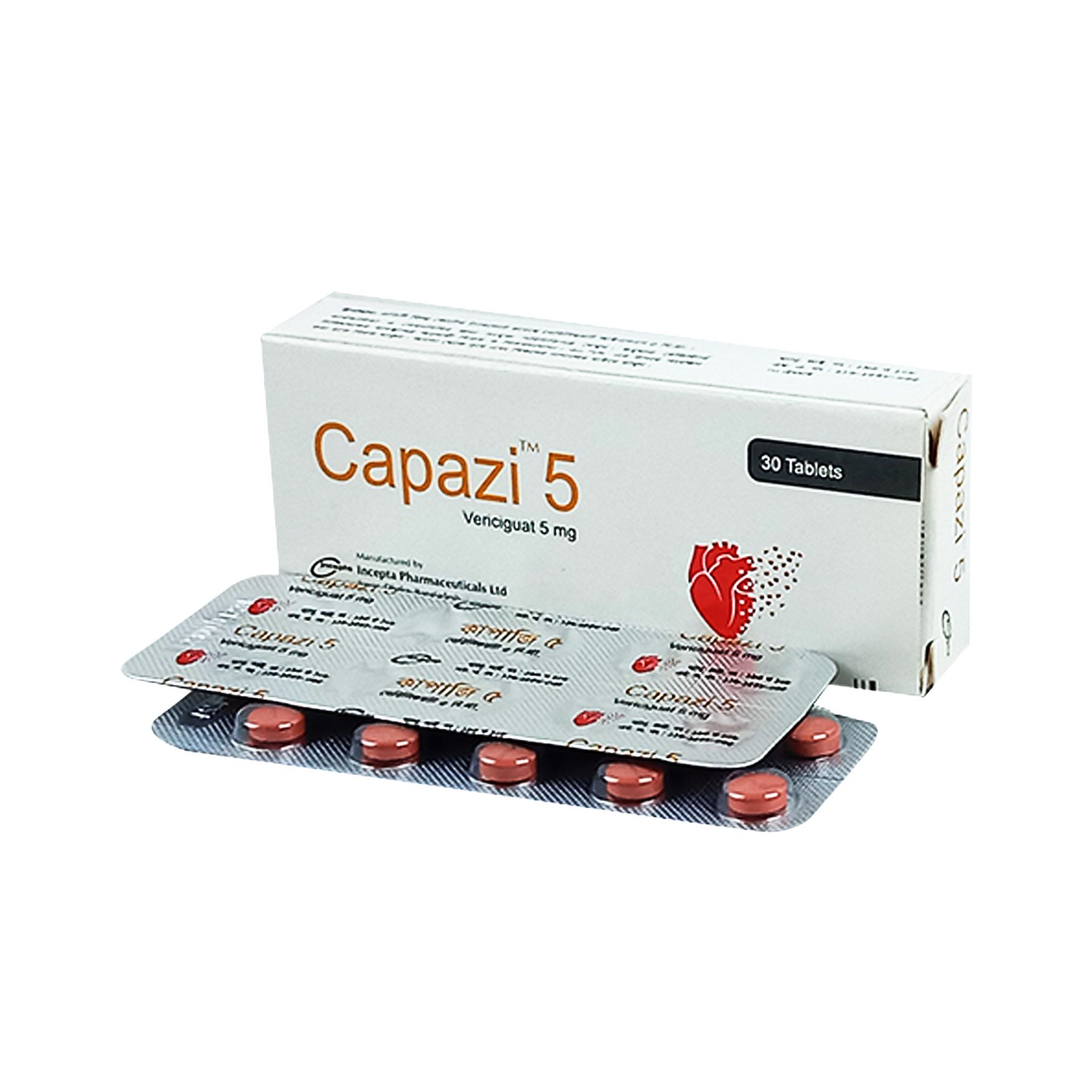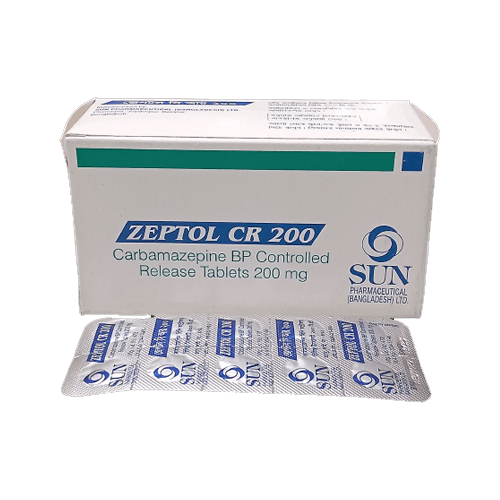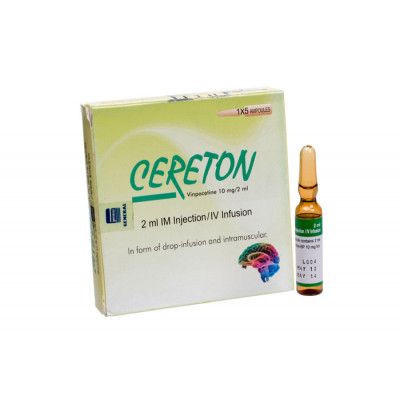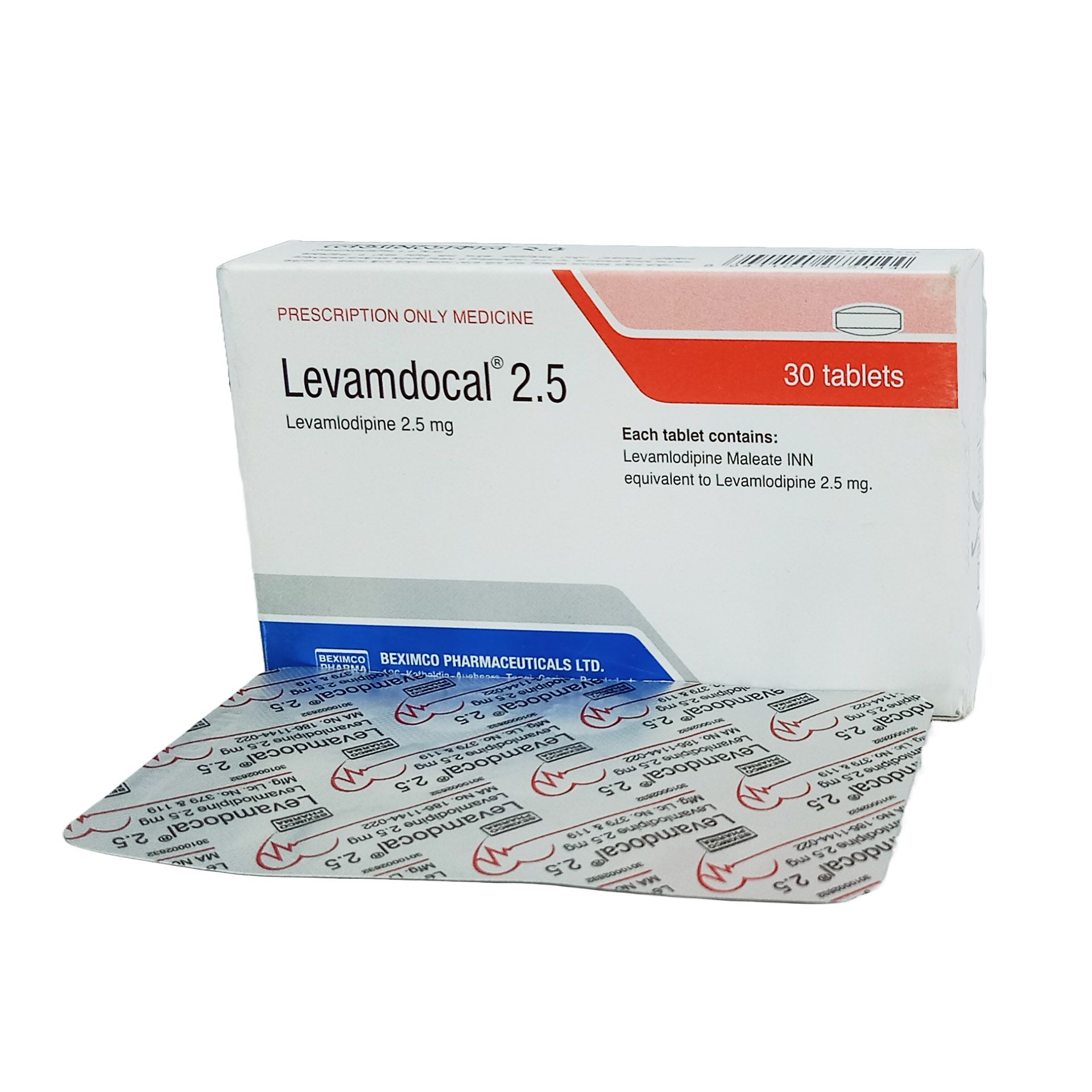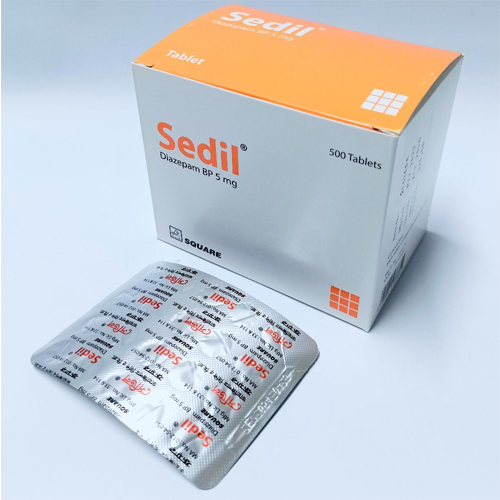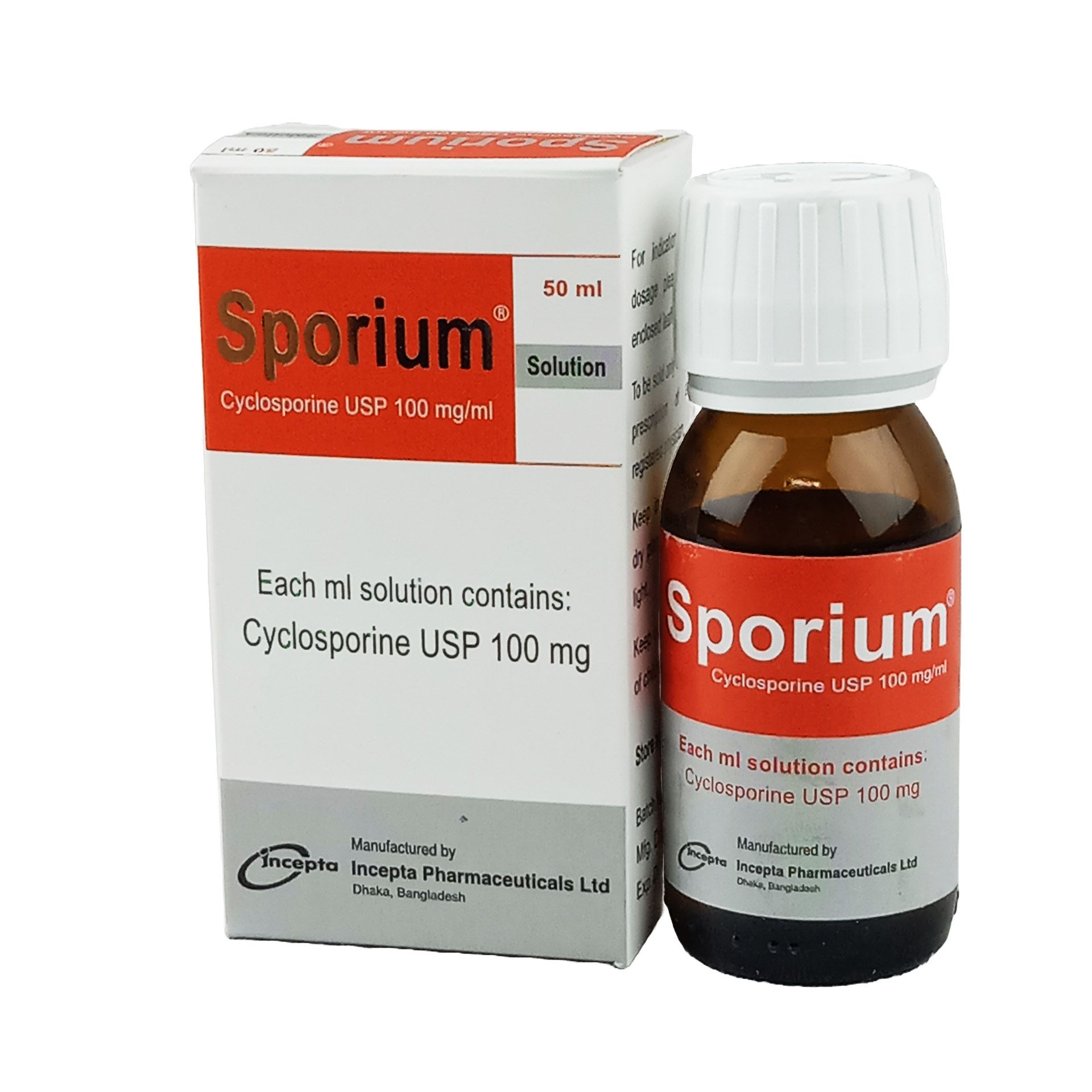



Sporium Solution - (100mg/ml)
(0
reviews)
Sold by
Ashik Medical
Price
৳2,146.50
৳2,385.00
/pc
-10%
Club Point:
200
Refund
Not Applicable
Share
Top Selling Products
-
৳450.00
৳500.00 -
৳64.00
৳70.00 -
৳36.11
৳40.12 -
৳94.50
৳105.00 -
৳12.42
৳13.80
Reviews & Ratings
0
out of 5.0
(0
reviews)
There have been no reviews for this product yet.
Introduction
Sporium is used to prevent your body rejecting a new organ after a liver, kidney or heart transplant. It works by weakening your immune system so that your body does not attack the new organ. It can also be used to treat severe rheumatoid arthritis and a skin condition called psoriasis. The amount of Sporium you take depends on your weight, medical condition and what you are taking it for. Your doctor will plan the correct dose for you. Do not change the dose without talking to your doctor. It can be taken with or without food. It is better to take it, in the same way, each time and at the same time every day to get the maximum benefit. Keep taking these tablets for as long as you have been told to, even if you feel well. Stopping treatment may increase the risk of your transplanted organ being rejected. The most common side effects of this medicine include headache, unusual growth of facial or body hair, high blood pressure, diarrhea and shaking or tremors. Because it lowers your immune system, you may also catch more infections than usual. Tell your doctor straight away if you develop an infection. For the same reason, you may be more at risk of developing some cancers, particularly of the skin. You should limit your exposure to sunlight. Before taking this medicine you should tell your doctor if you have liver or kidney problems, high blood pressure, gout (increased uric acid levels in the blood) or epilepsy. Also, tell your doctor about all other medicines you are taking as they may affect the working of the medicine. This medicine should only be used in pregnancy if it is clearly needed. However, it is not recommended while breastfeeding. You will have frequent medical tests while taking this medicine to check your blood pressure, liver and kidney function and mineral levels. The results of tests may lead to changes in your dose.
Uses of Sporium
- Prevention of organ rejection in transplant patients
- Rheumatoid arthritis
- Psoriasis
Side effects of Sporium
Common
- Headache
- Nausea
- Vomiting
- Increased hair growth
- High blood pressure
- Renal dysfunction
- Loss of appetite
- Diarrhea
- Tremor
How to use Sporium
Take this medicine in the dose and duration as advised by your doctor. Do not chew, crush or break it. Sporium is to be taken with food.
How Sporium works
Sporium is an immunosuppressant. It works by suppressing your body’s immune response to help accept a newly transplanted organ (e.g., liver, kidney or heart). In rheumatoid arthritis, this immunosuppressive effect reduces inflammation (swelling) of joints and limits joint damage. In psoriasis, it works by reducing the activity of certain immune cells that cause overproduction of skin cells, thus improving scaling and redness.
What if you forget to take Sporium?
If you miss a dose of Sporium, take it as soon as possible. However, if it is almost time for your next dose, skip the missed dose and go back to your regular schedule. Do not double the dose.
Quick Tips
- Sporium is used to prevent organ rejection in transplant patients.
- It is also used to treat arthritis and immune disorders of the eyes, lungs, muscles, skin, nerves, and blood vessels.
- It may take 3 to 4 months for the medication to work. Keep taking it as prescribed.
- Your doctor may get regular blood tests done to check the levels of blood cells in your blood. Inform your doctor if you experience unexplained bruising or bleeding, sore throat, mouth ulcers, fever or general illness.
- Your doctor may monitor your kidney function regularly. Drink 8 to 10 glasses of water per day to help with your kidney function.
- Do not stop taking Sporium without talking to your doctor first.
Brief Description
Indication
Ulcerative colitis, Rheumatoid arthritis, Psoriasis, Missed abortion, Nephrotic syndrome ,Urticaria, Bone marrow transplantation, Organ transplantation, atopic dermatitis
Administration
May be taken with or without food. Take consistently w/ regard to time of day & relation to meals. Avoid grapefruit juice. IV Preparation Dilute 1 mL (50 mg) of concentrated inj soln in 20-100 mL of D5W or NS Stability of injection of parenteral admixture at room temp (25°C) is 6 hr in PVC; 24 hr in Excel, PAB containers, or glass Polyoxyethylated castor oil surfactant in cyclosporine injection may leach phthalate from PVC containers such as bags and tubing Actual amount of DEHP plasticizer leached from PVC containers and administration sets may vary in clinical situations, depending on surfactant concentration, bag size, & contact time IV Administration Following dilution, infuse over 2-6 hr Continuously monitor for at least the first 30 min of the infusion, and then frequently thereafter Anaphylaxis possible with IV use; reserve only for patients unable to take oral form Maintain airway; other supportive measures & agents for treating anaphylaxis should be present
Adult Dose
Oral Immunosuppression in organ transplantation Adult: Initially, 10-15 mg/kg/day, starting 4-12 hr before procedure and continued for 1-2 wk; usual maintenance: 2-6 mg/kg/day. Lower doses may be used when combined with other immunosuppressants. Severe atopic dermatitis Adult: Initially, 2.5 mg/kg/day, in 2 divided doses. Reduce to lowest effective dose once remission is achieved. Stop treatment if there is no sufficient improvement to max dose within 6 wk. Max: 5 mg/kg/day. Psoriasis Adult: Initially, 2.5 mg/kg/day, in 2 divided doses. Reduce to lowest effective dose once remission is achieved. Stop treatment if there is no sufficient improvement to max dose within 6 wk. Max: 5 mg/kg/day. Rheumatoid arthritis Adult: 2.5 mg/kg/day, in 2 divided doses. Treatment should continue for 6-8 wk. If response is insufficient, may increase dose gradually. Max: 4 mg/kg/day. Nephrotic syndrome Adult: 5 mg/kg daily, given in 2 divided doses. Intravenous Prophylaxis of graft rejection in bone marrow transplantation Adult: Intially, 3-5 mg/kg/day starting on the day before transplantation and continue for up to 2 wk or until oral therapy can be initiated at a maintenance of 12.5 mg/kg/day. Continue maintenance dose for at least 3-6 mth. Immunosuppression in organ transplantation Adult: Initially: 5-6 mg/kg/day as a single dose, infuse dose over 2-6 hr. Switch to an oral dosage form as soon as possible.
Child Dose
Oral Nephrotic syndrome Child: 6 mg/kg daily, given in 2 divided doses.
Contraindication
Hypersensitivity; malignant neoplasms; uncontrolled hypertension; psoriasis; lactation.
Mode of Action
Ciclosporin is a strong immunosuppressant that acts mainly on the helper T-cells. It inhibits the activation of calcineurin and production of interleukin-2, thus reducing cell-mediated immune response.
Precaution
Cyclosporine increases the risk of developing lymphomas and other malignancies, particularly those of the skin. So patients should be warned to avoid excess ultraviolet light exposure. Cyclosporine may develop bacterial, fungal, parasitic and viral infections. So therapeutic strategies should be employed for long-term immunosuppressive therapy. A reversible increase in serum creatinine and urea may occur during the first few weeks of Cyclosporine therapy and usually responding to dose reduction. In elderly patients, renal function should be monitored with particular care. Regular monitoring of blood pressure is required during Cyclosporine therapy; if hypertension develops, appropriate antihypertensive treatment must be instituted. Cyclosporine enhances the risk of hyperkalaemia, especially in patients with renal dysfunction. Caution is also required when Cyclosporine is co-administered with potassium sparing drugs. Cyclosporine enhances the clearance of magnesium. If considered necessary, magnesium supplementation should be given. Caution should be observed in treating patients with hyperuricaemia. During treatment with Cyclosporine, vaccination may be less effective; the use of live-attenuated vaccines should be avoided. Non-transplant patients with impaired renal function, uncontrolled hypertension, uncontrolled infections, or any kind of malignancy should not receive Cyclosporine. Renal and hepatic impairment; hyperuricaemia; anaphylaxis; history of allergic reactions; pregnancy; monitor BP, serum electrolytes, renal and hepatic function. Lactation: excreted in breast milk, do not nurse
Side Effect
>10% Tremor (12-55%),Nephrotoxicity (32%),Hypertension (26%),Infection (3-25%),Headache (2-25%),Nausea (23%),Hirsutism (21%),Hypertrichosis (5-19%),Female reproductive disorder (5-19%),Gum hyperplasia (2-16%),Triglycerides increased (15%),Abdominal discomfort (1-15%),URI (1-14%),Diarrhea (3-13%),Dyspepsia (2-12%),Leg cramps (2-12%),Parathesia (1-11%) 1-10% Acne,Convulsions,Pruitus,Hyperkalemia, hypomagnesemia,Pancreatitis,,Hepatotoxicity,Flu-like syndrome Frequency Not Defined Leukopenia,Thrombocytopenia,Anaphylaxis,Glomerular capillary thrombosis,Hypomagnesemia,Migraine,Hyponatremia
Pregnancy Category Note
Pregnancy Category: C; take into consideration alcohol content of various cyclosporine formulations Lactation: excreted in breast milk, do not nurse
Interaction
Increased ciclosporin level by diltiazem, doxycycline, erythromycin, ketoconazole, methylprednisolone (high doses), nicardipine, verapamil, oral contraceptives. Drugs which reduce ciclosporin level are carbamazepine, isoniazid, phenobarbitone, phenytoin and rifampicin. Increased risk of convulsion when used concurrently with high-dose methylprednisolone. Potentially Fatal: Additive nephrotoxicity when used with aminoglycosides, amphotericin B, ciprofloxacin, colchicine, melphalan, co-trimoxazole and NSAIDs.
Frequently Bought Products
Product Queries (0)
Login Or Registerto submit your questions to seller
Other Questions
No none asked to seller yet
Top Selling Products
-
৳450.00
৳500.00 -
৳64.00
৳70.00 -
৳36.11
৳40.12 -
৳94.50
৳105.00 -
৳12.42
৳13.80

